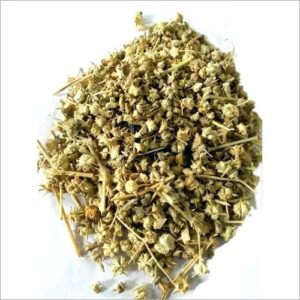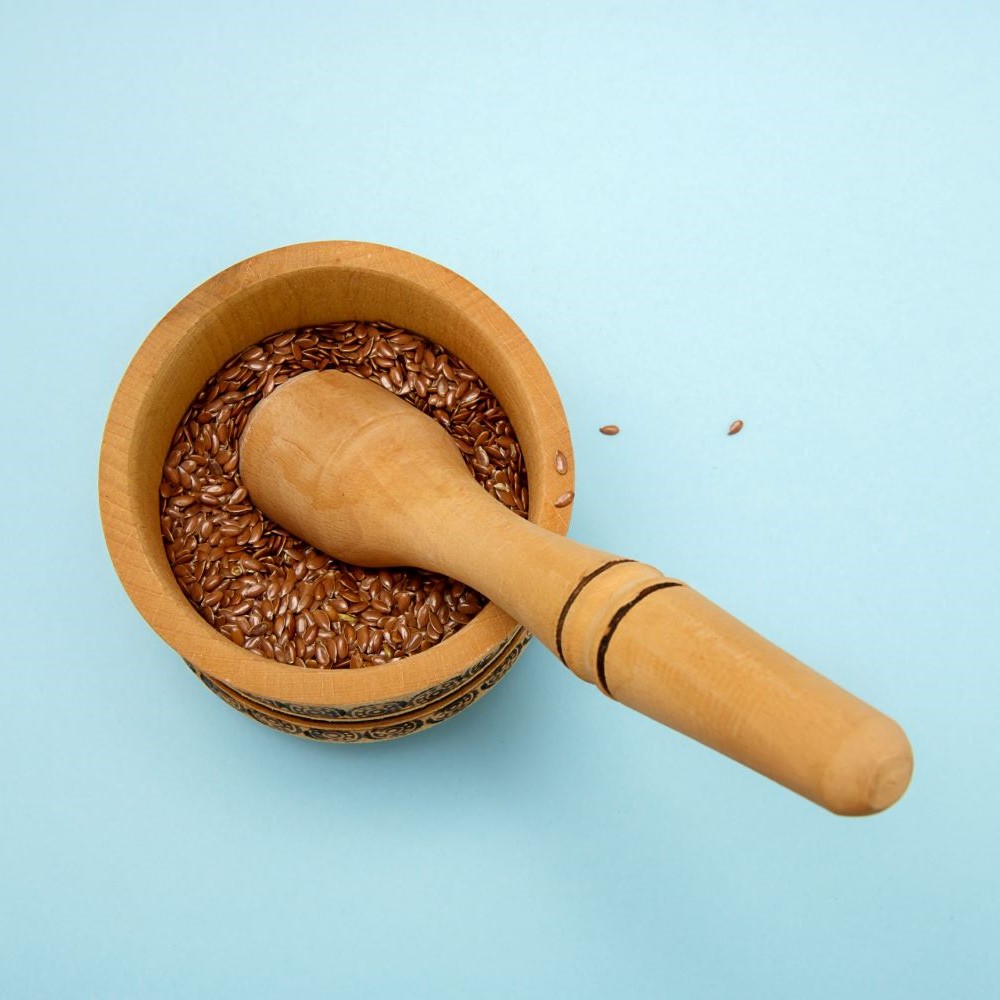Description
Common Names:
- Safed Musli
- Chlorophytum Borivilianum (Botanical name)
- White Musli
Forms:
- Powdered: Dried roots are ground into a fine powder.
- Capsules/Tablets: Often used as a supplement in Ayurvedic medicine.
- Dried Roots: The roots can also be used whole in various traditional preparations.
Origin:
- Native Region: Indigenous to India, particularly in the tropical regions of Western Ghats and the forests of Central India.
- Cultivation: Primarily grown in India but also cultivated in parts of Southeast Asia.
Nutritional and Chemical Composition:
- Active Compounds: Contains saponins, alkaloids, polysaccharides, and glycosides.
- Nutrients: Rich in carbohydrates, proteins, fiber, vitamins, and minerals like calcium and potassium.
Health Benefits:
- Aphrodisiac Properties: Known for its potent aphrodisiac effects, it is often used to enhance sexual performance and libido.
- Energy and Stamina: Acts as a revitalizer and is used to combat fatigue and improve energy levels.
- Immune System Support: Boosts immunity and helps in strengthening the body’s defense mechanisms.
- Anti-stress and Adaptogenic: Helps the body adapt to stress and reduce anxiety, promoting overall mental well-being.
- Muscle Strength and Weight Gain: Often used in bodybuilding and fitness to promote muscle growth and healthy weight gain.
Uses:
- Ayurvedic Medicine: Widely used in traditional Indian medicine to treat various ailments, including sexual dysfunction, general debility, and stress-related conditions.
- Nutritional Supplement: Available in various forms as a health supplement for boosting vitality and overall health.
- Food Additive: Sometimes used in health foods and tonics for its therapeutic properties.






